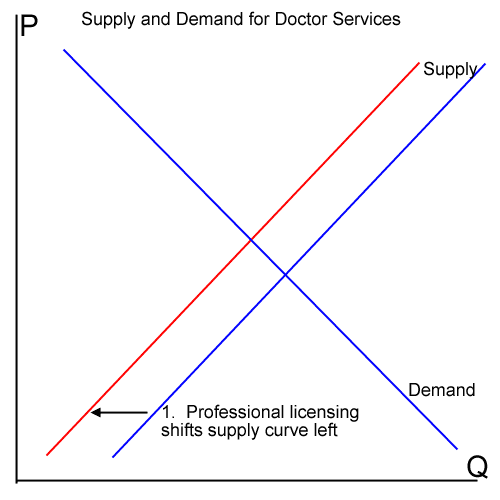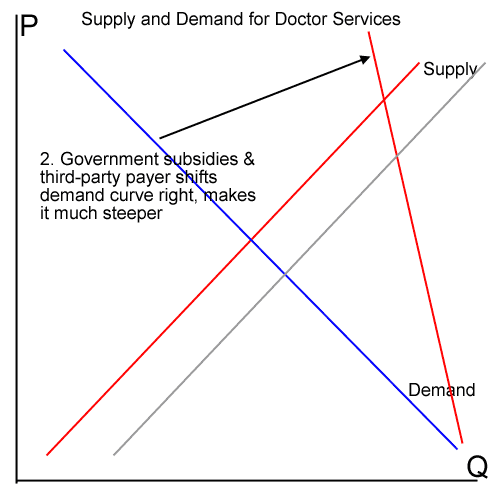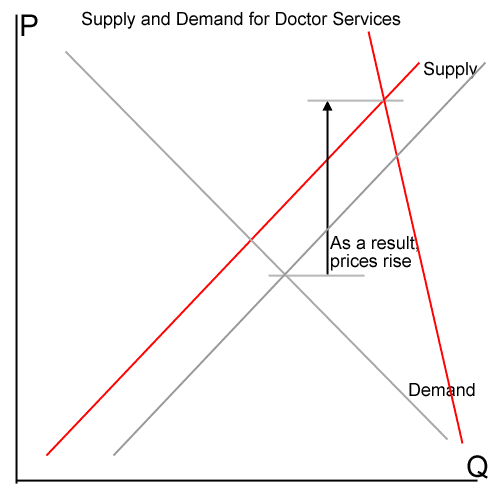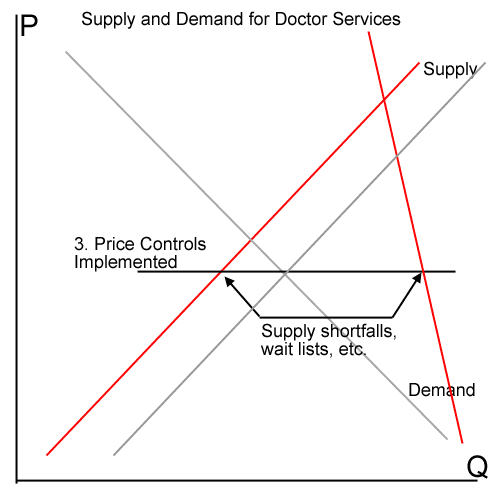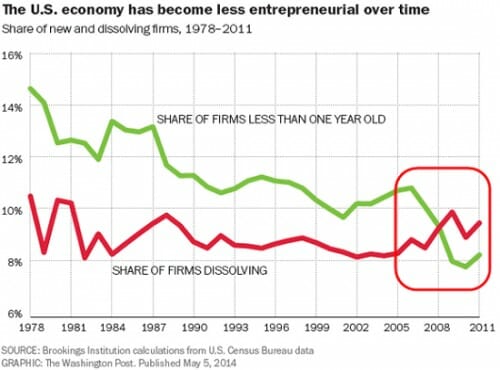Bizarre Payback Analysis Being Used for Alternate Energy
Check out this payback analysis that is being trumpeted for wind power:
US researchers have carried out an environmental lifecycle assessment of 2-megawatt wind turbines mooted for a large wind farm in the US Pacific Northwest. Writing in the International Journal of Sustainable Manufacturing, they conclude that in terms of cumulative energy payback, or the time to produce the amount of energy required of production and installation, a wind turbine with a working life of 20 years will offer a net benefit within five to eight months of being brought online.
So of all the scarce resources that go into producing wind power, if you look at only one of these (energy), then the project pays itself back in less than a year. This is stupid. Yes, I understand that there are some "green" energy sources (*cough* corn ethanol *cough*) that cannot even produce more energy than they consume, so I suppose this finding is a step forward from that. But what about all the other scarce resources used in producing wind power-- steel, labor, engineering talent, concrete, etc? This is roughly like justifying the purchase of an 18-wheeler truck by saying it will pay off all the vanadium used in its production in less than a year.
Environmentalists seem to all feel that capitalism is the enemy of sustainability, but in fact capitalism is the greatest system to promote sustainability that has ever been devised. Every single resource has a price that reflects its relative scarcity as compared to demand. Scarcer resources have higher prices that automatically promote conservation and seeking of substitutes. So an analysis of an investment's ability to return its cost is in effect a sustainability analysis. What environmentalists don't like is that wind does not cover the cost of its resources, in other words it does not produce enough power to justify the scarce resources it uses. Screwing around with that to only look at some of the resources is just dishonest.
The one reasonable argument is that the price of fuels does not adequately reflect the externalities of Co2 production. I don't think these are high but obviously there are those who disagree. The right way to do this analysis is to say that wind power provides a return only if electricity prices are X (X likely being well above current market rates) which in turn reflects a Co2 cost of Y $/ton. My gut feel is that it would take a Y -- a cost per ton of CO2 -- way higher than any of the figures that are typically bandied about even by environmentalists to make wind work.
Postscript: I did not critique the analysis of energy payback per se, but if I were to dig into it, I would want to look at two common fallacies with many wind analyses. 1) They typically miss the cost of standby power needed to cover wind's unpredictability, which has a substantial energy cost. In Germany, during their big wind push, they had to have 80-90% of wind power backed up with hot fossil fuel backup. 2) They typically look at nameplate capacity and not real capacities in the field. In fact, real capacities should further be discounted for when wind power produces electricity that the grid cannot take (ie when there is negative pricing in the wholesale market, which actually occurs).

